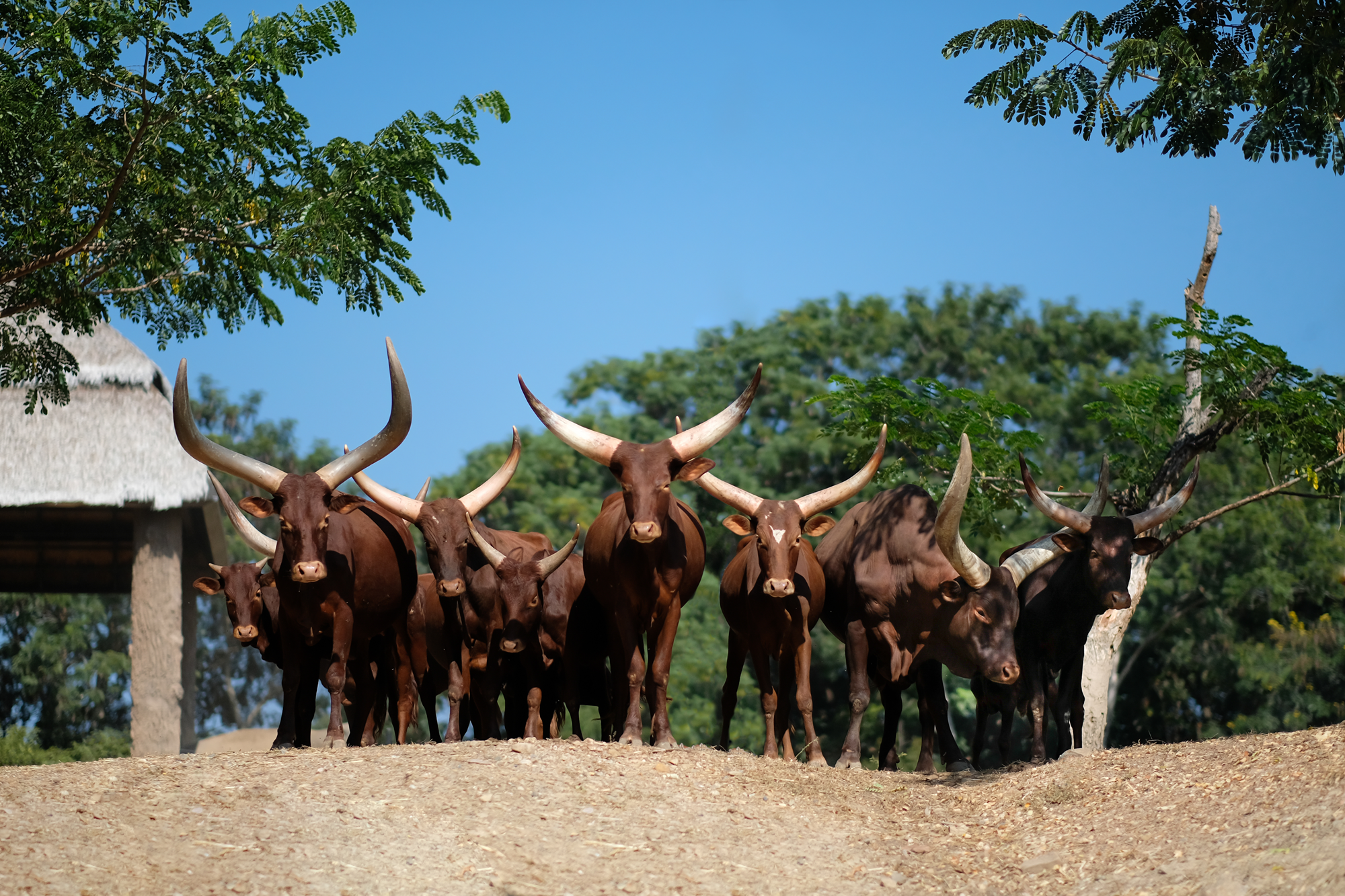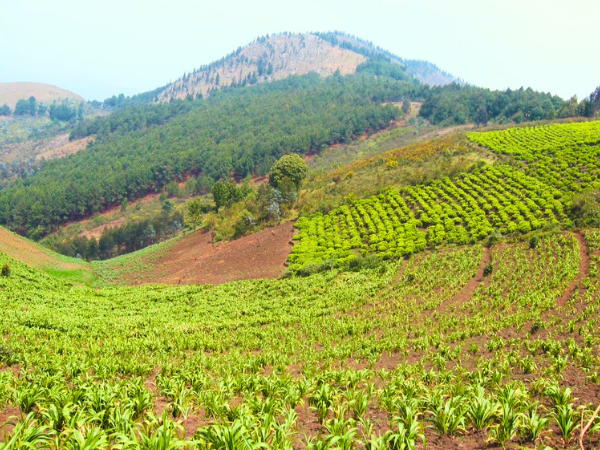
KSCI Core Projects For Sustainable Economic Development in Burundi, East Africa
Sustainable Economic Development
Our goal is to transform farming and cattle-keeping practices in Burundi, Africa, one village at a time. By utilizing modern and proven techniques, we enhance agricultural output through methods such as irrigation and conservation. Furthermore, we improve the commercial value chains of crops in a way that respects local traditions and ecosystems while also supporting access to markets.
Our Approach to Sustainable Economic Development in Burundi
Provide Quality Seeds: Distribute high-quality seeds to ensure better crop yields and resilience.
Train Local Farmers Through Cooperatives: Offer training programs for local farmers via cooperatives to enhance their skills and knowledge.
Develop Small-Scale Irrigation Systems: Implement small-scale irrigation systems to improve water management and crop production.
Build Storage and Conservation Facilities: Construct facilities for storage and conservation to reduce post-harvest losses and maintain crop quality.
Build Networks and Infrastructure for Farmers to Sell Crops Fairly: Establish networks and infrastructure to facilitate fair market access for farmers, enabling them to sell their crops directly to buyers.
Environmental Protection in Burundi, Africa
We combat deforestation and promote sustainable environmental practices. Our Sustainable Environmental Management Program reduces the use of firewood and charcoal, trains communities in sustainable practices, and implements modern agroforestry techniques.
Our Sustainable Environmental Management Program Objectives
Reduce Deforestation Through Alternative Energy Solutions: Mitigate the primary causes of deforestation by encouraging the use of alternative energy sources. Promote and distribute clean energy options like solar and biogas to reduce reliance on firewood and charcoal.
Educational Workshops: Equip local communities with the knowledge and skills needed for sustainable environmental management. Conduct training sessions on sustainable practices, including waste management, water conservation, and soil preservation.
Tree-Planting Campaigns: Restore degraded lands through reforestation projects to replenish deforested areas and enhance biodiversity.
Agroforestry Training: Provide practical training and resources to farmers on modern agroforestry practices that integrate trees with crops for sustainable land use.
Access to Clean Water and Renewable Energy in Rural Villages
We address the critical issues of renewable energy and clean water access for Burundi, African farmers, and the community. Our program integrates sustainable energy solutions with water management practices to ensure rural villages can access clean energy and safe drinking water.
The Impact of Clean Water & Renewable Energy in Rural Villages
Reduced Deforestation: Lower the use of firewood and charcoal by providing alternative energy sources.
Improved Health: Ensure access to clean drinking water, reducing waterborne diseases.
Sustainable Communities: Foster self-sufficient communities through the use of renewable energy and sustainable water management practices.
How We Increase Renewable Energy & Clean Water
Promote Renewable Energy: Encourage the adoption of clean energy sources such as solar, wind, and biogas to reduce reliance on traditional fuels.
Ensure Clean Water Access: Provide communities with technologies and infrastructure, such as reverse osmosis and UV purification, to access safe and clean drinking water.
Integrate Energy and Water Solutions: Develop systems that combine renewable energy with water purification and distribution technologies.
Community Training: Educate local communities on the benefits and maintenance of renewable energy systems and clean water technologies.
Education in Burundi
Burundi is one of the least developed countries in the world and faces significant challenges in providing quality education, particularly in rural areas. Our program aims to enhance the quality of education and increase access for children in rural Kankima and other villages. We address key challenges such as infrastructure, learning materials, sanitation, and socio-economic barriers.
How We Improve Education
Improve Educational Infrastructure: Construct and renovate classrooms to create a conducive learning environment.
Provide Learning Materials: Supply textbooks, notebooks, and other essential learning materials to students and teachers.
Enhance Sanitation Facilities: Build and maintain sanitation facilities to ensure a healthy learning environment.
Address Socio-Economic Barriers: Implement programs to support children from low-income families, including school feeding programs and scholarships.





